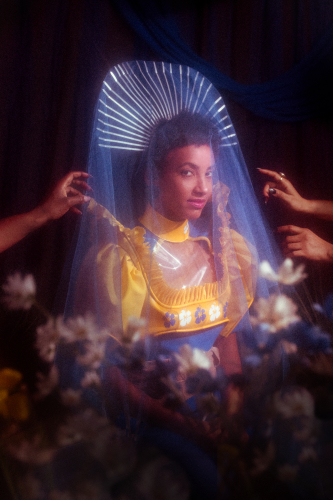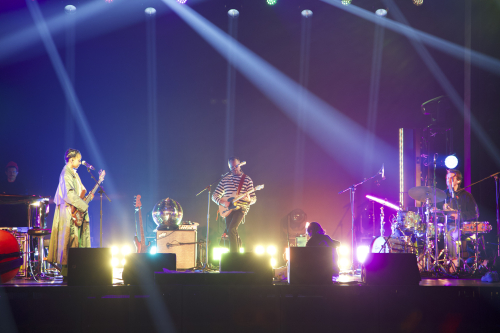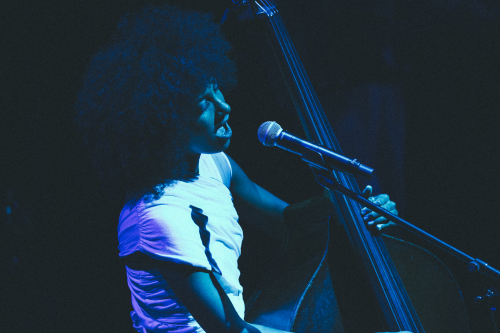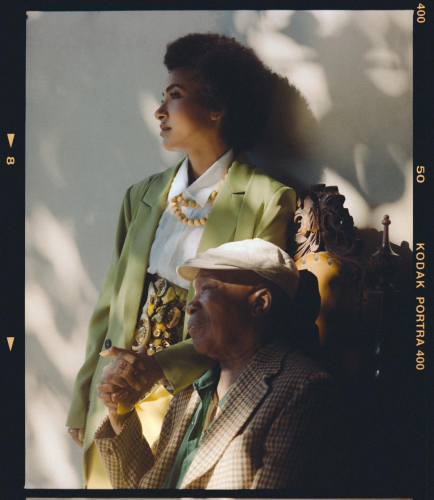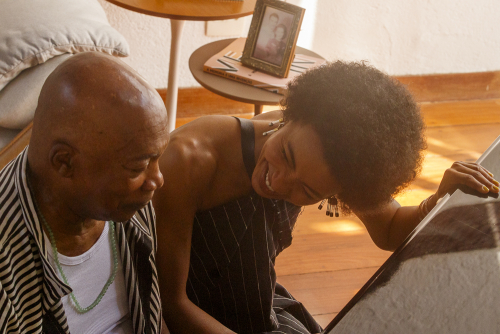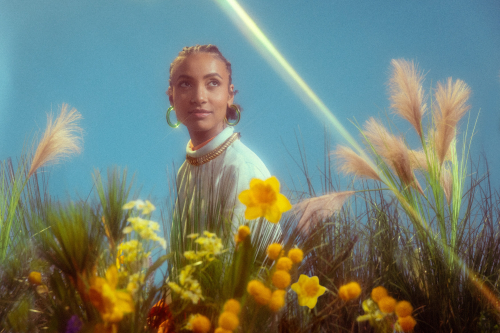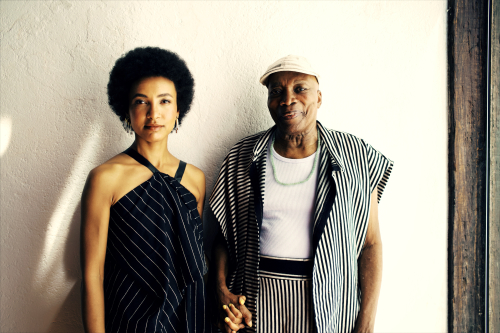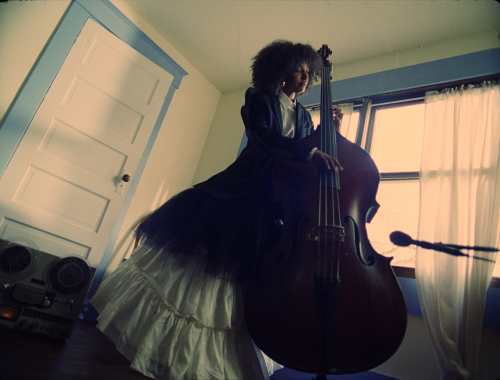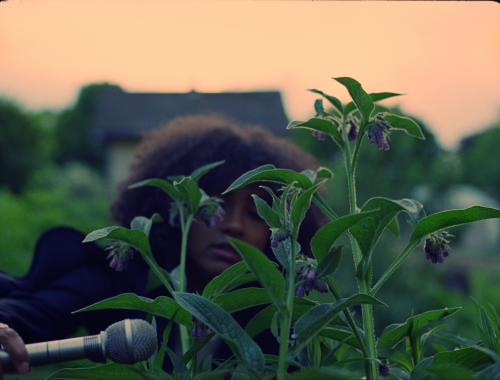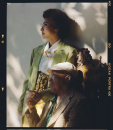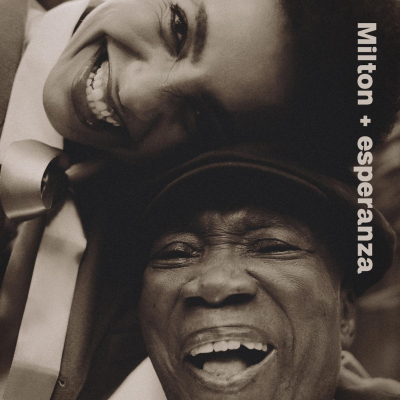esperanza spalding
Click  on photo to download high resolution version
on photo to download high resolution version
All rights reserved. Photos are for editorial use only.
Photos
Latest ReleaseView All
Milton + esperanza
Release date: 8.9.24
Label: Concord Records
Press Releases View All
Milton + esperanza Earns Best Of 2024 Recognition Following GRAMMY Nomination
Read MoreMilton + esperanza (Concord Records) Earns GRAMMY Nomination for Best Jazz Vocal Album
Read MoreMilton + esperanza Out Today (Concord Records)
Read MoreBiography View
Born in 1984 in Portland, Oregon, esperanza spalding is an eaabibacliitoti* artist, trained and initiated in the North American (masculine) jazz lineage and tradition. Her work interweaves through various combinations of instrumental music, bass playing, improvisation, singing, composition, poetry, dance, therapeutic research, storytelling, teaching, regenerative agriculture, urban land & artist-sanctuary custodianship, and growing in love as a daughter, sister, cousin, niece, auntie, great-auntie, friend, while collaboratively decolonizing within and through her hometown community. She founded and Co-Directs Prismid Sanctuary, a non-profit that creates and stewards free artist residency, performance, and workshop space in Portland, Oregon (Prismid.org).
esperanza continues to develop a mockumentary titled “NIGREDO” in collaboration with brontë velez // to research, develop and share liberation grammars in jazz and black dance // creative consults and collaborates for upcoming productions of the opera “…(Iphigenia)” (music by Wayne Shorter, libretto by spalding) // and through the Songwrights Apothecary Lab collaborates with practitioners in various fields relating to sound, healing, and cognition to develop music with enhanced therapeutic potential.
With her dance project “Off Brand gOdds” and her therapeutic music incubator “Songwrights Apothecary Lab” she co-leads performance, teaching, workshop, and therapeutic-arts research residencies in collaboration with colleges and arts venues across the Americas and throughout the world. She is a 2024 recipient of the Doris Duke Foundation Artist Award and a 2016 Ford Foundation “Art of Change” Fellow
*European-African ancestored being influenced by American cultures living in Indigenous Territories of Turtle Island

